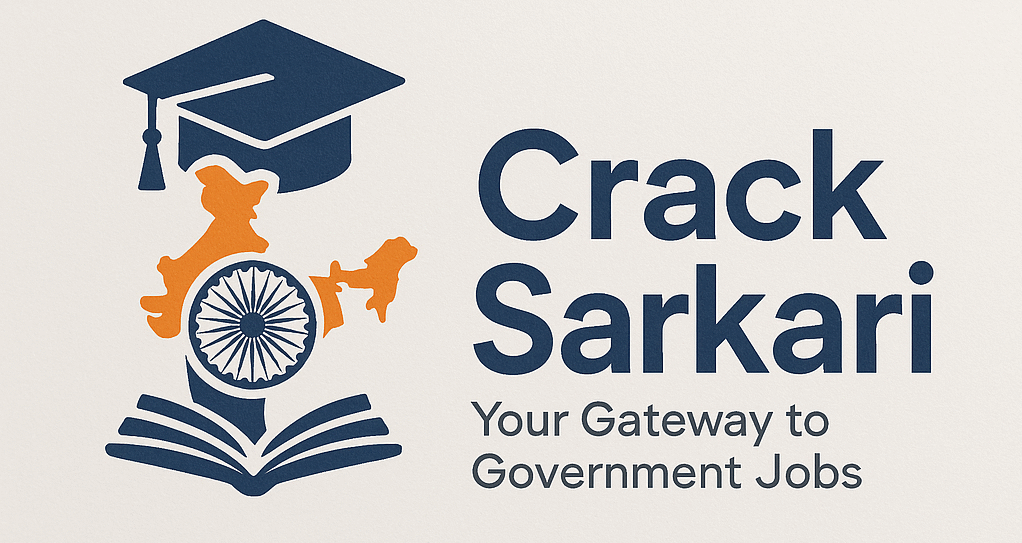In today’s fast-changing world, staying informed is no longer just a UPSC aspirant’s duty—it’s every Indian’s responsibility. Global events are no longer distant; they ripple right into our homes, affecting prices, security, and even dreams. Three recent developments—the Neighbourhood First Policy, SpaDex-2 mission, and the Iran-Israel conflict—hold powerful lessons not just for exam preparation but for understanding India’s journey as a responsible and rising global force.
Let’s dive deeper into why these issues matter to every Indian—with heart, hope, and awareness.
🇮🇳 Neighbourhood First: India’s Commitment to Its Roots
India’s foreign policy isn’t just driven by power or politics—it’s guided by values. Through the Neighbourhood First Policy, India has made it clear that it cannot grow alone. Whether it’s helping Sri Lanka in its financial crisis, supporting Nepal during an earthquake, or providing vaccines to Maldives and Bhutan during the pandemic—India’s actions speak louder than words.
This policy reflects true Indian spirit—the belief that we thrive by lifting others. For border communities, this translates to trade and peace. For families with relatives in neighboring countries, it means hope for lasting ties. And for every Indian, it’s a reminder that our strength lies in unity and compassion beyond borders.
🚀 SpaDex-2: When India’s Space Dream Touches Reality
The successful launch of SpaDex-2, India’s second space docking experiment, is more than a technical feat. It’s a symbol of how far we’ve come—from launching satellites for others to preparing for our own manned missions.
This mission showed that India can now dock two spacecraft in space without human control—a big step for the Gaganyaan human spaceflight program. For a young girl in a remote village who gazes at the night sky, this mission whispers, “One day, you could be up there too.”
Beyond dreams, SpaDex-2 also strengthens India’s future in space research, disaster management, and even defense, giving every citizen more security and national pride.
⚔️ Iran-Israel Conflict: Why A Distant War Matters to India
It may seem far away, but the Iran-Israel conflict deeply impacts India. Millions of Indians work in the Middle East. Whenever tensions rise, their lives and livelihoods hang in the balance. One rocket strike there could mean panic calls here.
More than that, oil prices skyrocket during such crises—impacting transportation, food, and daily essentials. Families feel the pinch at petrol pumps and grocery stores alike.
India’s balanced stance—maintaining diplomatic relations with both nations—is rooted in peace. We have historic ties with both sides. At the heart of our position is the message: “Violence serves no one. Dialogue must win.”
📘 For UPSC Aspirants: Don’t Just Learn—Understand
Every UPSC aspirant knows these topics are important. But here’s a tip: the exam isn’t just about knowing facts—it’s about understanding people, purpose, and impact.
When you write about Neighbourhood First, think about what it means for a family at the Nepal border. When you mention SpaDex-2, feel the pride of a scientist’s years of hard work. And when discussing Iran-Israel tensions, remember the fear in an Indian worker’s home back in Hyderabad or Kochi.
This is what makes a good answer great—and what makes a good officer human.
💬 Final Thoughts: Informed Hearts Build Stronger Nations
We live in a time where news travels fast, but understanding often lags behind. By staying connected to events like the Neighbourhood First Policy, SpaDex-2, and the Iran-Israel conflict, we don’t just prepare for exams—we prepare to be better citizens.
Let’s remember:
- Foreign policy isn’t foreign—it shapes our peace.
- Space missions aren’t distant dreams—they’re national pride.
- Global conflicts aren’t someone else’s war—they echo at home.
💡 Pro Tip for UPSC Prep:
Include emotional insight in your answers. The best administrators are those who lead with both logic and empathy.
❓ FAQ Section (5 Questions)
1. What is India’s Neighbourhood First Policy and why is it important?
India’s Neighbourhood First Policy aims to strengthen ties with neighboring countries like Nepal, Bhutan, Sri Lanka, and Bangladesh through economic aid, connectivity, and diplomatic cooperation. It’s vital for regional stability, trade, and cultural ties.
2. What is the SpaDex-2 mission and how does it benefit India?
SpaDex-2 is ISRO’s second space docking experiment, crucial for India’s future in human spaceflight and space station technology. It boosts India’s global reputation in space science and supports strategic space defense capabilities.
3. How does the Iran-Israel conflict affect India?
The conflict affects India in several ways—especially through rising oil prices, safety of Indian workers in the Middle East, and regional instability which impacts Indian foreign policy and economy.
4. Why should UPSC aspirants care about these topics?
These issues are high-probability topics in UPSC exams under International Relations, Science & Tech, and Current Affairs. More importantly, they reflect India’s evolving role in global diplomacy and innovation.
5. How does understanding global issues help the common Indian?
Being aware of such developments helps citizens make informed decisions, understand economic changes like fuel hikes, and feel connected to India’s journey on the world stage.
NOTE:PLEASE LIKE , COMMENT AND SHARE IF YOU LIKE THE ABOVE ARTICLE.LET ME KNOW IN THE COMMENT BOX
